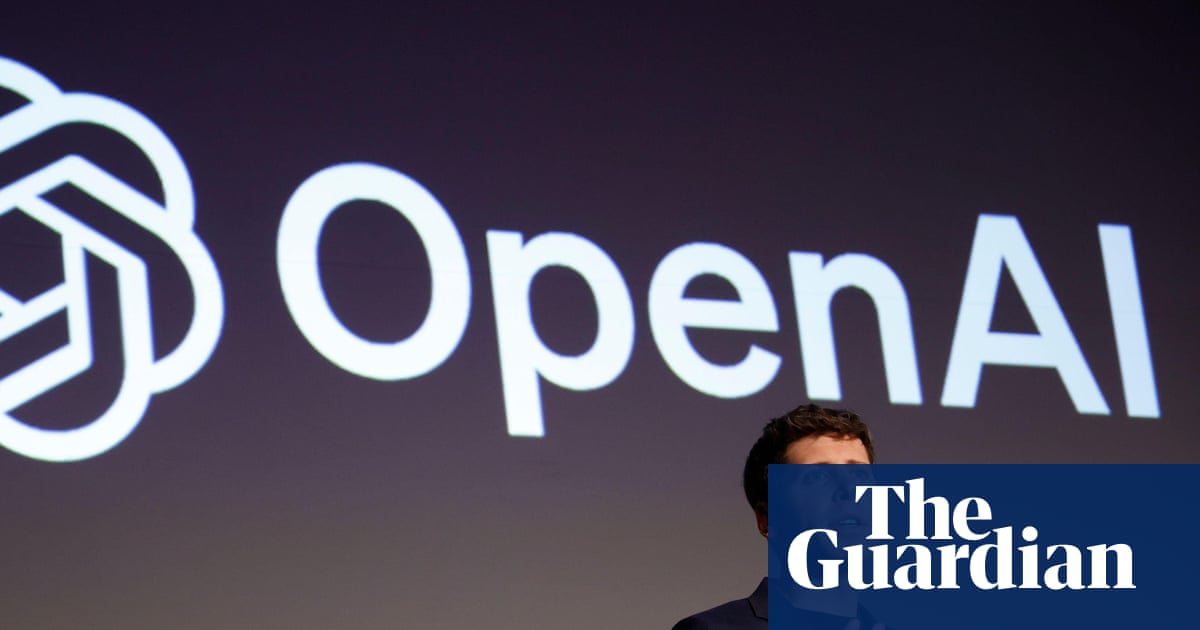Welcome back to Daily Zaps, your regularly-scheduled dose of AI news ⚡
Here’s what we got for ya today:
World’s smallest AI supercomputer
Google Meet makeup filter
Google releases Veo 3.1
DeepMind CodeMender: Using AI to fix coding bugs
Let’s get right into it!
BIG TECH
World’s smallest AI supercomputer
Nvidia is launching its DGX Spark “personal AI supercomputer” this week, a compact yet powerful desktop machine designed to handle advanced AI models without needing a data center. Available for order online and through select U.S. partners starting October 15th, the Spark now costs $3,999, up from the initially announced $3,000. It features Nvidia’s GB10 Grace Blackwell Superchip, 128GB of unified memory, up to 4TB of NVMe SSD storage, and delivers a petaflop of AI performance, capable of running models with up to 200 billion parameters.
Nvidia calls it “the world’s smallest AI supercomputer,” aiming to democratize AI by giving researchers, data scientists, and students direct access to high-performance computing. Major PC makers including Acer, Asus, Dell, HP, Lenovo, Gigabyte, and MSI are releasing their own customized versions, while Nvidia’s larger “Station” model has yet to receive a release date.
BIG TECH
Google Meet makeup filter
Google Meet just made working from home a little more glamorous even if you’re still in your PJs. Starting October 8, 2025, Meet is rolling out AI-powered makeup filters that let you show up to calls looking polished, professional, or totally runway-ready — no actual makeup bag required. Under Appearance → Portrait touch-up, you’ll now find 12 studio-grade looks, from subtle everyday styles to bold, expressive ones. Google says the virtual makeup stays perfectly in place — even if you’re sipping coffee, gesturing wildly, or trying to look interested in yet another status update.
The feature works on both web and mobile, saves your preferences for next time, and requires zero setup from admins. Available to Workspace Business Standard and Plus, Enterprise Starter, Standard, and Plus, Education Plus, Teaching & Learning add-on, Enterprise Essentials, Google One, and Workspace Individual users, this update means one less thing to worry about before your next meeting because who says you can’t look meeting-ready without leaving your couch?
FROM OUR PARTNER DEEL
You found global talent. Now What?
Deel’s simplified a whole planet’s worth of information on global hiring. It’s time you got your hands on our international compliance handbook where you’ll learn about:
Attracting global talent
Labor laws to consider when hiring
Processing international payroll on time
Staying compliant with employment & tax laws abroad
With 150+ countries right at your fingertips, growing your team with Deel is easier than ever.
BIG TECH
Google releases Veo 3.1
Google has released Veo 3.1, a major update to its AI video generation model that builds on the already impressive Veo 3 — and it looks set to widen the gap with OpenAI’s Sora 2. Alongside the flagship version, there’s also a faster, lightweight Veo 3.1 Fast model. Both are available through Gemini, Vertex AI, and Google Flow, Google’s AI-powered video editing platform. The update enhances audio quality, narrative comprehension, and realism in textures, making generated videos more coherent and lifelike.
Key upgraded features include Ingredients to Video (which can now use reference images and audio to build scenes), Scene Extension (for seamlessly extending clips), and First and Last Frame (to generate transitions between static images). Flow also adds precision tools for inserting or removing objects realistically. The new Veo 3.1 models and features are available to Google AI Pro subscribers.
BIG TECH
DeepMind CodeMender: Using AI to fix bugs
Google has introduced CodeMender, an AI-powered agent designed to automatically detect, patch, and rewrite code to improve software security. Built on the reasoning capabilities of Gemini Deep Think models, CodeMender autonomously identifies vulnerabilities, generates validated fixes, and even proactively rewrites code to eliminate entire classes of security flaws. Over six months of testing, it has already contributed 72 patches to major open-source projects, some with millions of lines of code.
While all patches currently undergo human review, Google plans to expand CodeMender’s use across open-source ecosystems and release it more broadly. The initiative marks a major step toward democratizing AI-assisted code security, allowing developers to focus on innovation while AI continuously strengthens the safety and reliability of global software.
In case you’re interested — we’ve got hundreds of cool AI tools listed over at the Daily Zaps Tool Hub.
If you have any cool tools to share, feel free to submit them or get in touch with us by replying to this email.











